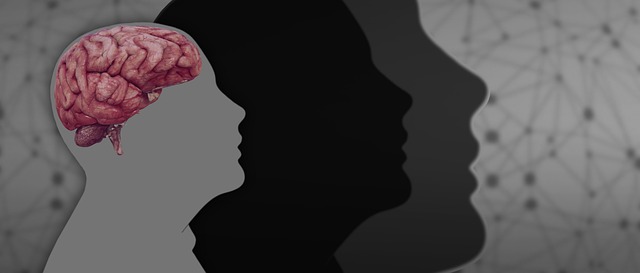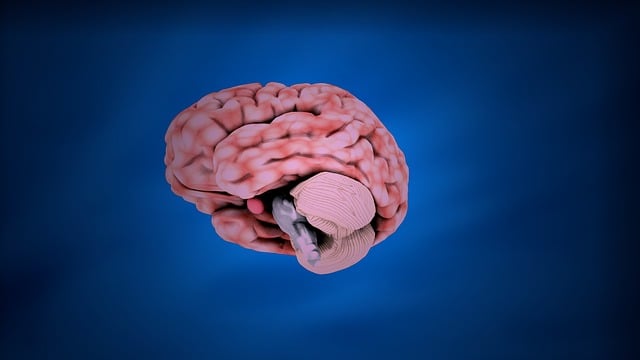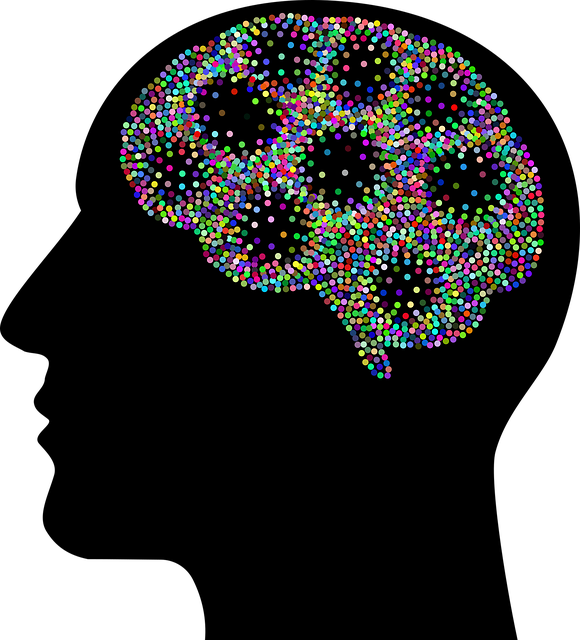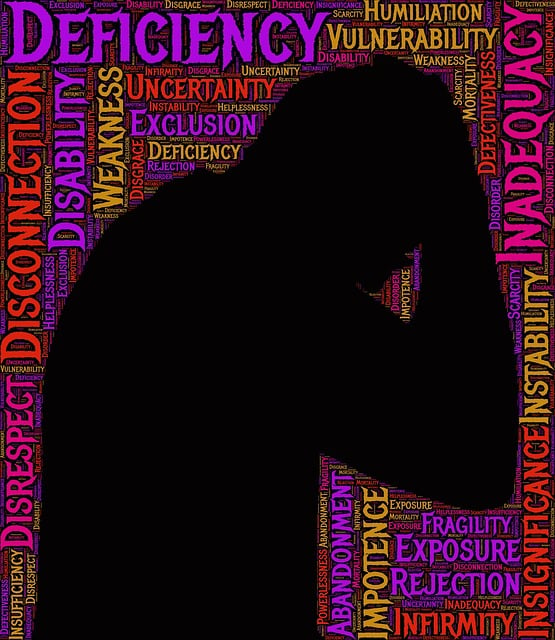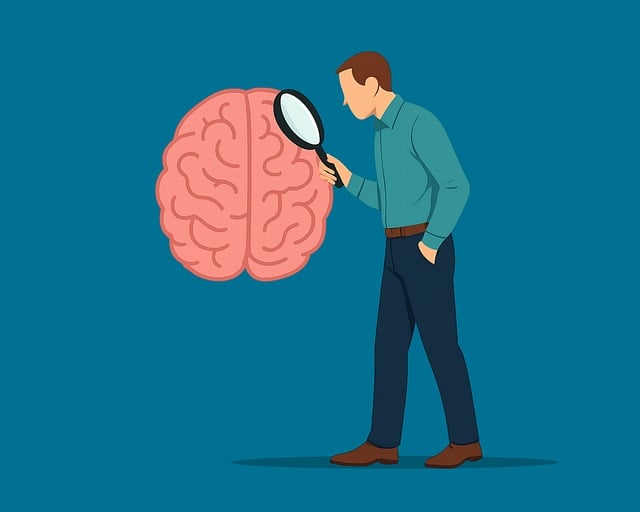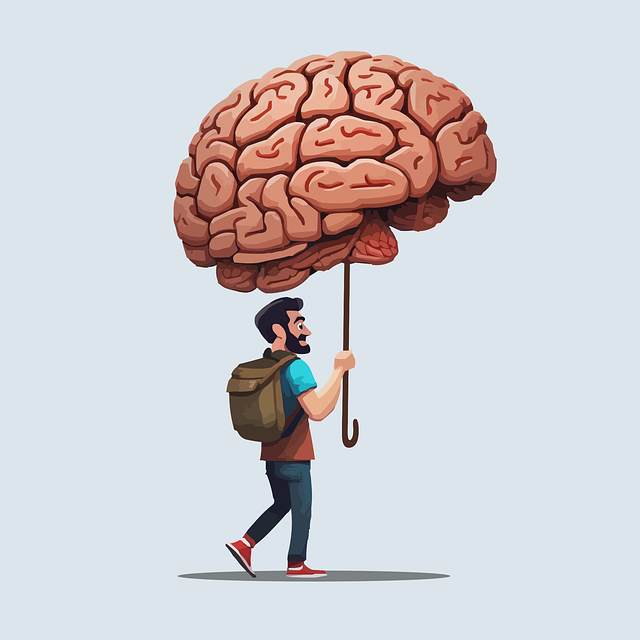Dialectical Behavioral Therapy (DBT), originally designed for borderline personality disorder, offers a proven solution for adolescent teens dealing with anxiety, depression, and social challenges. DBT equips teens with emotional regulation skills, mindfulness practices, and effective communication strategies to overcome social barriers, improve mental health outcomes, and build meaningful connections. Through individual therapy sessions and group activities, DBT helps adolescents boost confidence, manage emotions, and develop a balanced perspective, making it a powerful early intervention for adolescent mental wellness.
Social skills training is a powerful tool in supporting individuals with mental health conditions, especially adolescent teens. This article explores how Dialectical Behavioral Therapy (DBT), specifically tailored for teens, can enhance their social interactions and overall well-being. We delve into the significance of social skills, why teens might benefit from DBT, and key components making it effective. Additionally, we offer practical strategies to integrate these skills into daily life.
- Understanding Social Skills and Their Impact on Mental Health
- Why Adolescent Teens Might Need Dialectical Behavioral Therapy (DBT)
- Key Components of DBT for Enhancing Social Skills
- Strategies to Integrate Social Skills Training into Daily Life
Understanding Social Skills and Their Impact on Mental Health

Social skills are crucial for navigating relationships and connecting with others, which significantly impacts mental health. For individuals struggling with conditions like anxiety or depression, especially during adolescence, social interactions can feel overwhelming and isolating. These teens might find it challenging to initiate conversations, interpret social cues, or manage their emotions in social settings, leading to a decline in their overall well-being.
Dialectical Behavioral Therapy (DBT), designed initially for borderline personality disorder, has gained recognition as an effective approach for improving social skills. DBT focuses on teaching individuals coping strategies, emotional regulation techniques, and mindfulness practices to enhance their ability to engage socially while maintaining a sense of self-care. By participating in therapy sessions and group activities, adolescent teens can build confidence, learn appropriate communication methods, and develop meaningful connections, ultimately fostering better mental health outcomes.
Why Adolescent Teens Might Need Dialectical Behavioral Therapy (DBT)

Adolescent teens often face unique challenges that can significantly impact their mental health and social interactions. This critical period is marked by rapid emotional development, peer influence, and a growing sense of identity, making it vulnerable to various psychological disorders. For many teens, Dialectical Behavioral Therapy (DBT) has emerged as a powerful tool to navigate these complexities.
DBT, originally designed for individuals with borderline personality disorder, focuses on teaching emotional regulation skills, mindfulness practices, and effective communication strategies. Given the increasing rates of anxiety, depression, and other mental health conditions among adolescents, DBT offers a structured approach to help teens manage their emotions, improve interpersonal relationships, and develop a more balanced perspective. This therapy is particularly beneficial for those struggling with self-harm, suicidal ideation, or intense emotional dysregulation, which are often signs of underlying mental health issues that require professional intervention, as highlighted in Mental Health Policy Analysis and Advocacy discussions. Additionally, its ability to foster emotional awareness and coping mechanisms can contribute to overall mental wellness, as explored in the Mental Wellness Podcast Series Production, emphasizing the importance of early intervention for adolescents.
Key Components of DBT for Enhancing Social Skills

Dialectical Behavioral Therapy (DBT) is a highly effective treatment approach for adolescent teens with mental health conditions, particularly those struggling with emotional regulation and interpersonal difficulties. When it comes to enhancing social skills, DBT offers several key components that foster healthy relationships and improve overall mental wellness.
One of the core techniques in DBT is mindfulness, which encourages individuals to be present and fully engaged in social interactions. This includes practicing active listening, observing non-verbal cues, and cultivating empathy. Through mindfulness exercises, such as journaling prompts designed to promote self-awareness, teens can develop better communication strategies and respond mindfully rather than reacting impulsively. Additionally, DBT emphasizes skill training in distress tolerance and emotional regulation, enabling adolescents to manage intense emotions and reduce behaviors that may hinder social connections. These skills are vital for navigating social situations and building healthy relationships, leading to improved anxiety relief and enhanced mental wellness.
Strategies to Integrate Social Skills Training into Daily Life

Integrating social skills training into daily life for individuals with mental health conditions, particularly adolescents and teens undergoing therapy like Dialectical Behavioral Therapy (DBT), requires strategic approaches. Start by breaking down complex skills into manageable steps, making them less overwhelming. For instance, teach basic communication techniques through role-playing scenarios, gradually advancing to more challenging conversations. Healthcare providers can play a pivotal role in this process by offering tailored guidance and support.
Encourage practical application outside therapy sessions. This could involve assigning homework tasks like initiating and maintaining conversations with peers or practicing conflict resolution techniques learned in session. Cultural competency training for both individuals and their healthcare providers is also essential, as it promotes understanding and respect for diverse backgrounds, ensuring inclusive social skills development. Preventing burnout among participants and therapists through regular breaks, self-care practices, and a supportive environment further enhances the effectiveness of these sessions.
Social skills training, particularly through dialectical behavioral therapy (DBT), can significantly benefit adolescent teens struggling with mental health conditions. By focusing on key components like mindfulness, emotion regulation, distress tolerance, and interpersonal effectiveness, DBT equips teens with the tools to navigate social situations more effectively. Integrating these strategies into daily life fosters better connections, enhances overall well-being, and promotes a more supportive environment for vulnerable youth. For parents and caregivers, recognizing the importance of social skills training and considering therapy options like DBT can be a game-changer in supporting their adolescent’s mental health journey.


